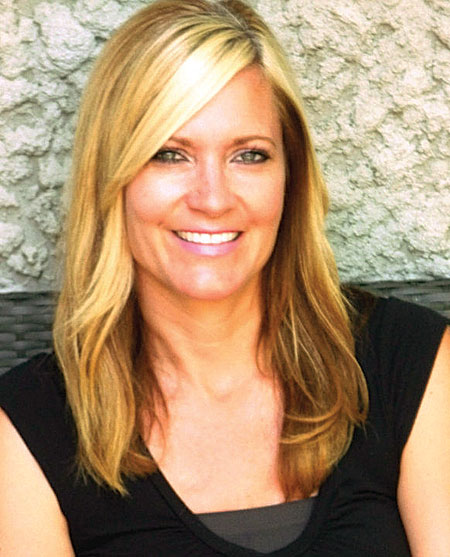
Healthy Living
Have you ever measured your social health? We all know how important it is to care for our physical and mental health, but it’s also important to check in on your social health. The World Organization defines health as, “a state of complete physical, mental and social well-being and not merely the absence of disease or infirmity.” Social health is the third building block of health and just as essential as the other two for long-term wellness. In fact, according to a US study by Cigna Health released in 2018, poor social health and loneliness can increase your risk of mortality by 50%, similar to smoking 15 cigarettes a day. Now more than ever, it’s time to measure your social health and look for ways to build and improve your social support network.
So, what is social health? Simply put it is our ability to create meaningful and rewarding relationships with other people. An online Psychology Today article written by Social Health Labs Founder Kasley Killam explains, “If physical health is about our bodies, and mental health is about our minds, then social health is about our relationships.” It’s these very relationships that help us deal with the many challenges that life can bring while providing emotional support. Social health is also about being engaged with your community, your social network, and your family. The article pointed out that optimal social health looks different for everyone and is very subjective; the things that give you meaning and help you feel connected will likely differ from someone else and that’s okay! Some people have a large social network and others have just a few close relationships, but both are socially healthy.
Seniors aged 65 and older consistently rank family and friendship second only to health as the most important things in life. Feeling connected makes us feel loved and valued and this in turn has a positive effect on our mental and physical health. But with life comes inevitable change; children leave the nest, loved ones & friends eventually pass away, leaving behind a void in a once full life. Maintaining social health is even harder for many older adults as they go through life transitions. This was true before the pandemic and worsened when social distancing and lockdown measures were put in place. A Canadian study published in the British Medical Journal (BMJ) found that 31 per cent of older adults surveyed reported feeling lonelier after COVID-19 related restrictions and physical distancing were implemented. This was especially true when regular daily routines were put on hold.
While we cautiously ease out of lockdown restrictions (especially with respect to older adults), it’s time to put our social health on the front burner, in whatever form that might look like for you. Kasley Killam from Social Health Labs encourages people to ask themselves some key questions when evaluating their social health: “Is there someone I can reach out to for support when I need it? Which relationships do I value the most? What communities are important to me?” Once you’ve had time to think about the answers to these questions, you can start looking for ways to broaden or deepen your social relationships.
The National Institute of Health developed a social wellness checklist for all ages that provides a helpful guide for people looking to build a better support network. The checklist includes some important advice to consider, “Scientists are finding that our links to others can have a powerful effect on our health. Look for ways to get involved with others.” This might include joining a group focused on your favourite hobby, or a virtual/in-person class at a senior centre that provides an opportunity to learn something new. To make those community connections you might join a community garden, faith-based activities or participate in local neighbourhood events. You may even find a local walking group to socialize and build your physical health at the same time.
The checklist also includes some great tips on how to build or maintain healthy relationships. These tips include advice on building your interpersonal skills such as sharing your feelings honestly with friends and family while learning to disagree with others respectfully and listening to others without judgement or blame. For more tips on how to be your ‘healthiest self’, check out the Social Wellness guide here.
This article is meant to be informational in nature and should not replace the advice of a trained healthcare professional.
Krystal Stokes is the Communications Manager at Victoria Lifeline, a community service of the Victoria General Hospital Foundation.
